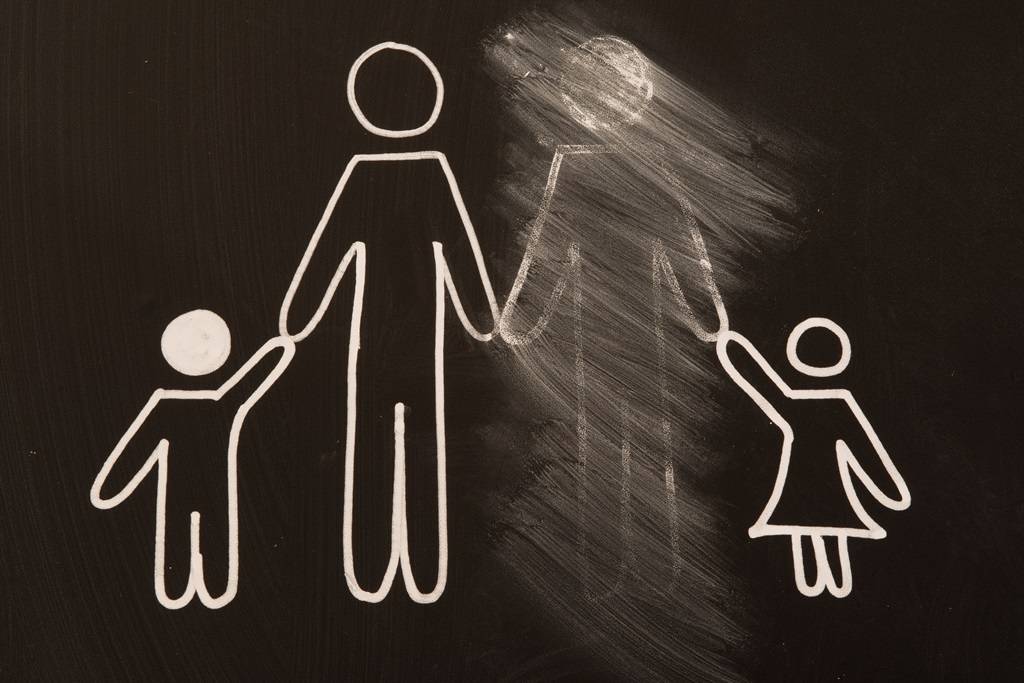
Co-parenting can be incredibly difficult, for several reasons, but as this grandmother wrote to share, when one of the parents isn't a good influence on the child, is it essential to keep up visitation and encourage a relationship?
She says her grandchild's father isn't a fit father figure, and even endangers the child at times, and as such she doesn't think the child would benefit from growing up knowing him.
Parent24 looked at the research and also consulted a local legal professional to help with some insight into a tricky situation.
Read the letter here:
"My daughter was in a very brief relationship with the father of her 12-month-old daughter. He did not support her at all during a difficult pregnancy and made no financial contribution to the confinement.
The baby was born prematurely and was in the Neo-Natal ICU for a period of time. His only contribution was a sum of R10 000.
I, the maternal grandmother, funded my daughter and my granddaughter's medical care and a year later I continue to do so.
He did not live as "de facto" husband and wife with my daughter. He rented a room in a house I rented for my daughter. I have supported my daughter and my grandchild for a full year. My daughter has just started working.
He is violent and I have photographic evidence of this, and irresponsible - my granddaughter incurred a mouth injury whilst in his "care" 15 minutes after removing her from my home, necessitating a trip to the doctor.
He complains bitterly about his petrol costs, does not adhere to Covid-19 precautions, takes the little girl on his motorbike (again video evidence), travels with her unrestrained in a vehicle (again video evidence), has bullied and terrorised my daughter (last count 303 phone calls in 6 weeks).
He has no education to speak of. He cannot read or write (makes me wonder how he got his drivers license) and has the emotional maturity of a door knob.
My daughter has met her father once. And she had been raised perfectly well by me. I am hard pressed to believe that my granddaughter will benefit from any association with this man."
Also see:'The child is not mine. How do I claim back 16 years of maintenance?'
Stressors can lead to behaviour problems
Studies have shown that children who experience instability at an early stage of development, whether due to consistent poverty, abuse, divorce, or insecurity, overproduce the stress hormone cortisol, which then changes both the brain's architecture and impulse control.
These stressors can lead to behaviour problems, academic problems, social problems, problems with substance abuse, and the child experiencing undue stress may present regressive behaviour and changes in eating, sleeping, school performance, relationships, and motivation.
Dr. Gail Gross, a Human Behavior, Parenting, and Education Expert, says that bonding is the central component to a healthy child.
Children also need a structured routine, which your child can count on, so that she knows what to expect. Be sure to give ample time and preparation when shifting activities, Dr Gross warns, so that your child's expectations are both anticipated and met.
Finally, work to create a family identity, making your child feel that she belongs and that she is part of a family team: loved, valued, validated, and seen. This goes a long way to building self-esteem and a strong sense of self.
What does the law say?
But what if the co-parent isn't a good influence, or could even possibly harm the child? First and foremost, South African law acts in the best interests of the child, and in all instances this must be considered first.
Linda Matshoza, a legal professional at LAW FOR ALL, adds that the short answer here is that a child should definitely grow up in a safe and stable home, even if it may not be with their biological parent.
"If the mother wants to place stricter measures on the access that the father has to the child, I would suggest approaching the family advocate and drawing up a parenting plan," she says.
The family advocate would investigate both the mother and father's parental capabilities. The mother would also have an opportunity to state why it is not a good idea for the minor child to have unsupervised visits.
Matshoza explains that the family advocate will work to place the child's best interest first, considering the child's age, exposure to physical or psychological maltreatment, and even a parent's capacity to provide for the emotional or intellectual needs of the child.
"If mediation with the family advocate is not successful, they would still recommend a way forward and the matter may be referred to the Children's Court," she adds.
Follow the #MaintenanceMatters series here
Ask us!
Do you have a legal question you need help with? Share your questions via email at chatback@parent24.com and we may speak to a legal professional on your behalf. Anonymous contributions are welcome.
Don't miss a story!
For a weekly wrap of our latest parenting news and advice sign up to our free Friday Parent24 newsletter.




 Publications
Publications
 Partners
Partners











